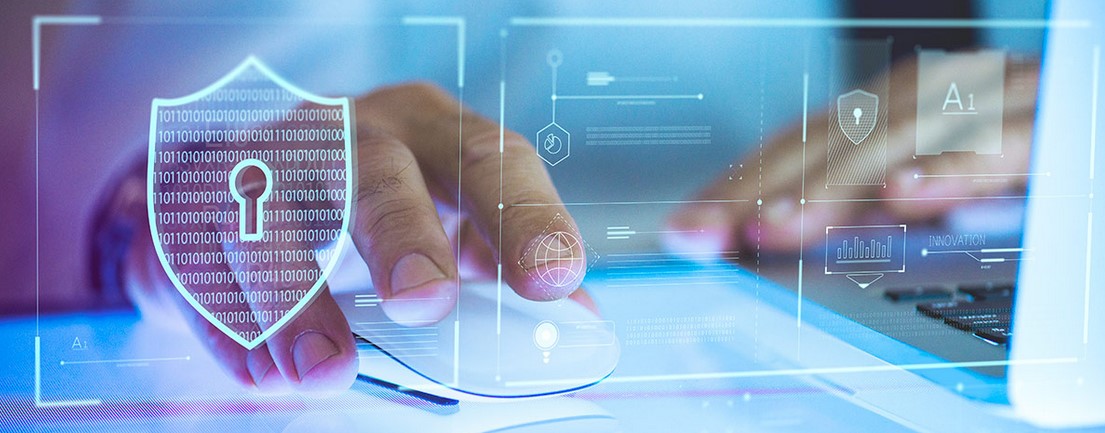The future of cinema is an exciting prospect. With the ever-evolving technology, the possibilities for film are endless. From virtual reality to 3D, the way we experience movies is changing. Technology has had a huge influence on the way films are made, from the way they are shot to the way they are edited and distributed. This article will explore the impact of technology on the future of cinema and how it will shape the way we watch movies in the years to come.
How Virtual Reality is Changing the Way We Experience Movies
Virtual reality (VR) is revolutionizing the way we experience movies. By immersing viewers in a 360-degree environment, VR technology is transforming the traditional movie-watching experience into a more interactive and engaging one.
VR movies are created using a combination of computer-generated imagery (CGI) and 360-degree video. This allows viewers to explore the environment of the movie in a more immersive way. For example, viewers can look around the room, move around the environment, and interact with objects in the scene. This creates a more realistic and engaging experience than traditional movies.
In addition to providing a more immersive experience, VR movies also offer a more personalized experience. Viewers can choose their own path through the movie, allowing them to explore the story in a way that is tailored to their interests. This allows viewers to have a more active role in the movie-watching experience.
Finally, VR movies offer a more social experience. Viewers can watch the movie with friends and family, allowing them to share the experience and discuss the movie afterwards. This creates a more engaging and interactive experience than traditional movie-watching.
Overall, virtual reality is changing the way we experience movies. By providing a more immersive, personalized, and social experience, VR technology is transforming the traditional movie-watching experience into a more engaging and interactive one.
Exploring the Impact of Artificial Intelligence on the Future of Cinema
The impact of artificial intelligence (AI) on the future of cinema is an intriguing and complex topic. AI has the potential to revolutionize the way films are made, from the way stories are told to the way they are marketed and distributed. AI can be used to create more realistic and immersive experiences, as well as to automate certain aspects of the filmmaking process.
AI can be used to create more realistic and immersive experiences for viewers. AI-driven technologies such as facial recognition, motion capture, and natural language processing can be used to create more realistic characters and environments. AI can also be used to create more interactive experiences, such as allowing viewers to control the story or interact with characters.
AI can also be used to automate certain aspects of the filmmaking process. AI-driven technologies such as computer vision and machine learning can be used to automate tasks such as editing, color grading, and sound mixing. This could lead to faster and more efficient production processes, as well as more cost-effective films.
AI can also be used to improve the marketing and distribution of films. AI-driven technologies such as natural language processing and machine learning can be used to analyze audience data and create targeted marketing campaigns. AI can also be used to automate the distribution process, allowing films to be released more quickly and efficiently.
In conclusion, AI has the potential to revolutionize the way films are made, from the way stories are told to the way they are marketed and distributed. AI-driven technologies can be used to create more realistic and immersive experiences, automate certain aspects of the filmmaking process, and improve the marketing and distribution of films. As AI continues to evolve, it is likely that its impact on the future of cinema will only become more profound.
Conclusion
The future of cinema is an exciting one, with technology continuing to shape and influence the way films are made and experienced. Technology has already had a profound impact on the industry, from the way films are shot and edited to the way they are distributed and consumed. As technology continues to evolve, so too will the way we experience cinema, with new and innovative ways to watch films, interact with them, and share them with others. The possibilities are endless, and the future of cinema is sure to be an exciting one.
